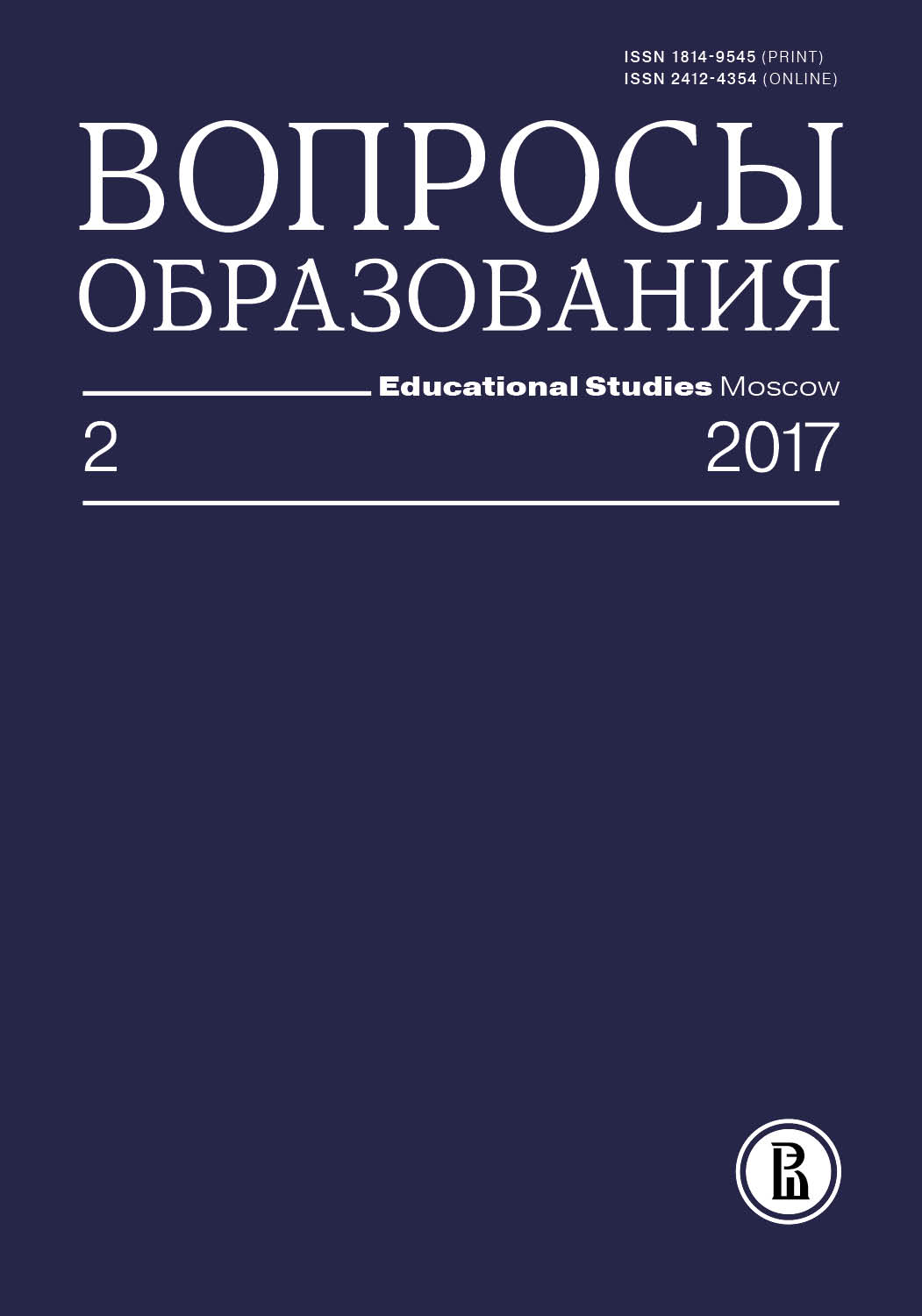Что способствует и что мешает прогрессу детей в чтении
Аннотация
Изучается роль уровня фонематического развития и размера словарного запаса в развитии навыков чтения у детей, а также анализируются факторы, способствующие и препятствующие развитию этих навыков. Исследование проводилось на материалах проекта iPIPS, оценивающего готовность детей к школьному обучению и их прогресс в течение первого учебного года. Выборку составили 2741 первоклассник из школ Красноярска и Казани, навыки чтения у них измерялись дважды: в начале и в конце первого года обучения. Установлено, что недостаточно развитые фонематический слух и словарный запас становятся препятствием для прогресса в овладении чтением не только на начальных стадиях обучения чтению, что обосновано в теоретических моделях становления навыка чтения, но и у детей, уже умеющих читать. Среди первоклассников, умеющих читать на момент поступления в школу, можно выделить группу риска в отношении развития навыков чтения, для компенсации дефицитов которой требуются особые методические подходы.








